What happened to Lord Mountbatten?
Prince Philip’s uncle was killed in an IRA attack in 1979
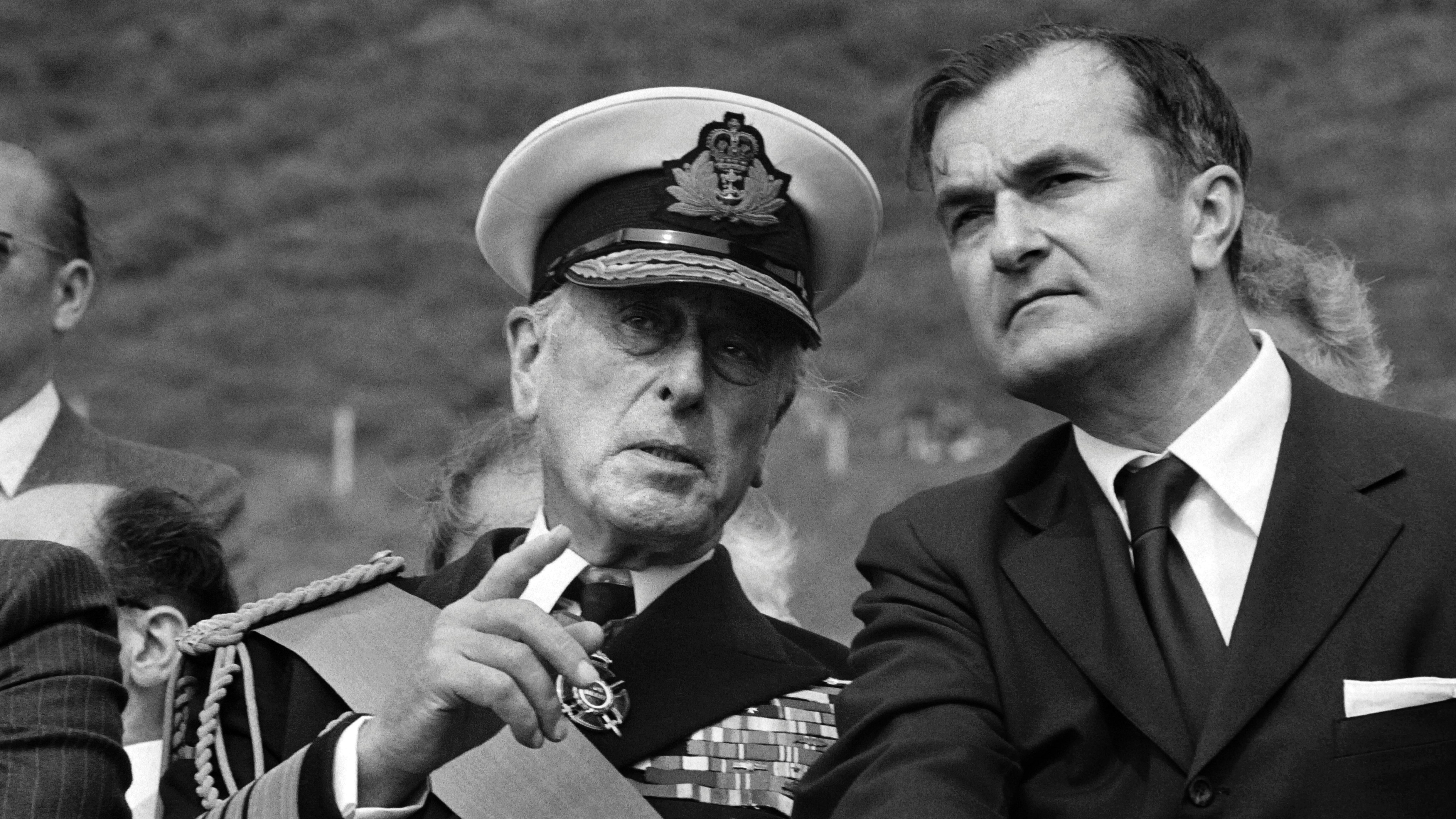
A free daily email with the biggest news stories of the day – and the best features from TheWeek.com
You are now subscribed
Your newsletter sign-up was successful
The Sinn Féin president, Mary Lou McDonald, has apologised for the IRA’s murder in 1979 of Lord Mountbatten, uncle of Prince Philip, grandson of Queen Victoria and cousin to The Queen.
McDonald was appearing on Times Radio when she was asked if she would apologise to Prince Charles for the death of his great-uncle, who is widely understood to have been an “honorary grandfather” figure to the prince in his younger years.
McDonald said: “I can say of course I am sorry that happened. Of course, that is heartbreaking.”
The Week
Escape your echo chamber. Get the facts behind the news, plus analysis from multiple perspectives.

Sign up for The Week's Free Newsletters
From our morning news briefing to a weekly Good News Newsletter, get the best of The Week delivered directly to your inbox.
From our morning news briefing to a weekly Good News Newsletter, get the best of The Week delivered directly to your inbox.
Who was he?
Louis Mountbatten, 1st Earl Mountbatten of Burma, was born Louis Francis Albert Victor Nicholas, Prince of Battenburg, at Windsor Castle on 25 June 1900. Known as “Dickie” by his close family and friends, he was the son of Prince Louis of Battenberg and Princess Victoria of Hesse, and had close links with the British Royal Family. His grandmother was Queen Victoria and his sister was Princess Alice of Denmark and Greece, the mother of Prince Philip.
He was an officer in the Royal Navy, before being appointed as the last Viceroy of India, overseeing the “partition” of British India into the new states of India and Pakistan in August 1947. He then served as chief of the defence staff in the British Armed Forces until 1965, and also held the position of chairman of the Nato Military Committee for a year.
Where and how was he killed?
A free daily email with the biggest news stories of the day – and the best features from TheWeek.com
Lord Mountbatten was killed aged 79 in an explosion on his boat on 27 August 1979. He had been visiting his holiday home of Classiebawn Castle in County Sligo, Ireland, just 12 miles from the border with Northern Ireland.
That morning, he decided with members of his family to go out lobster fishing on their 29-foot boat the Shadow V, moored a mile away from Classiebawn Castle, in Mullaghmore Harbour, according to HistoryExtra.
Seven people boarded the boat including Lord Mountbatten, his daughter Patricia, her husband Lord John Bradbourne, their 14-year-old twin boys, Timothy and Nicholas, Lord Bradbourne’s mother, dowager Lady Doreen Bradbourne, and a friend of the family who worked on the boat, 15-year-old Paul Maxwell.
At exactly 11.45am, a bomb thought to be planted by members of the Provisional IRA was activated, instantly killing Lord Mountbatten and the teenagers Nicholas and Paul. Lady Doreen Bradbourne died of her injuries the next day.
“The boat was there one minute and the next minute it was like a lot of matchsticks floating on the water,” a witness told The New York Times.
Why was he targeted?
The IRA was a nationalist paramilitary group that used terror tactics to drive British forces from Northern Ireland in an attempt to force a united, independent Ireland. Lord Mountbatten was killed at the height of “The Troubles”, which would still rage on for another 19 years before the Good Friday Agreement was signed and nationalist and loyalist ceasefires were initiated.
According to his secretary John Barratt, Lord Mountbatten had “never thought of himself as a terrorist target”, and a contemporary report from The New York Times said he had received no threats or warnings at the time of his murder. “Who the hell would want to kill an old man anyway?” Mountbatten is reported to have said.
Lord Mountbatten had, in fact, been an IRA target since the early 1960s, and there had been “several attempts to kill him in the past”, according to HistoryExtra. In 1978, an attempt to shoot him on board Shadow V was aborted when “choppy seas prevented the sniper lining up his target”.
He had also been strongly advised not to visit Ireland that year after the assassination in March of Airey Neave, the shadow secretary of state for Northern Ireland, by the National Irish Liberation Army.
The BBC said the IRA almost immediately admitted to carrying out the attack, releasing a statement which read: “This operation is one of the discriminate ways we can bring to the attention of the English people the continuing occupation of our country.”
It continued: “The death of Lord Mountbatten and tributes paid to him will be seen in contrast to the apathy of the British Government and English people to the deaths of over 300 British soldiers and the deaths of Irish men, women and children at the hands of their forces,” says History.com.
The attack on Lord Mountbatten was followed hours later by the killing of 18 British soldiers in two booby-trap bomb explosions near Warrenpoint.
Thomas McMahon, one of the IRA’s “most experienced bomb-makers”, writes The Daily Telegraph, was convicted of carrying out the attack and sentenced to life in prison. McMahon was released from prison in 1998 after serving 19 years, under the terms of the Good Friday Agreement.
-
 What is the endgame in the DHS shutdown?
What is the endgame in the DHS shutdown?Today’s Big Question Democrats want to rein in ICE’s immigration crackdown
-
 ‘Poor time management isn’t just an inconvenience’
‘Poor time management isn’t just an inconvenience’Instant Opinion Opinion, comment and editorials of the day
-
 Bad Bunny’s Super Bowl: A win for unity
Bad Bunny’s Super Bowl: A win for unityFeature The global superstar's halftime show was a celebration for everyone to enjoy
-
 Will Beatrice and Eugenie be dragged into the Epstein scandal?
Will Beatrice and Eugenie be dragged into the Epstein scandal?Talking Point The latest slew of embarrassing emails from Fergie to the notorious sex offender have put her daughters in a deeply uncomfortable position
-
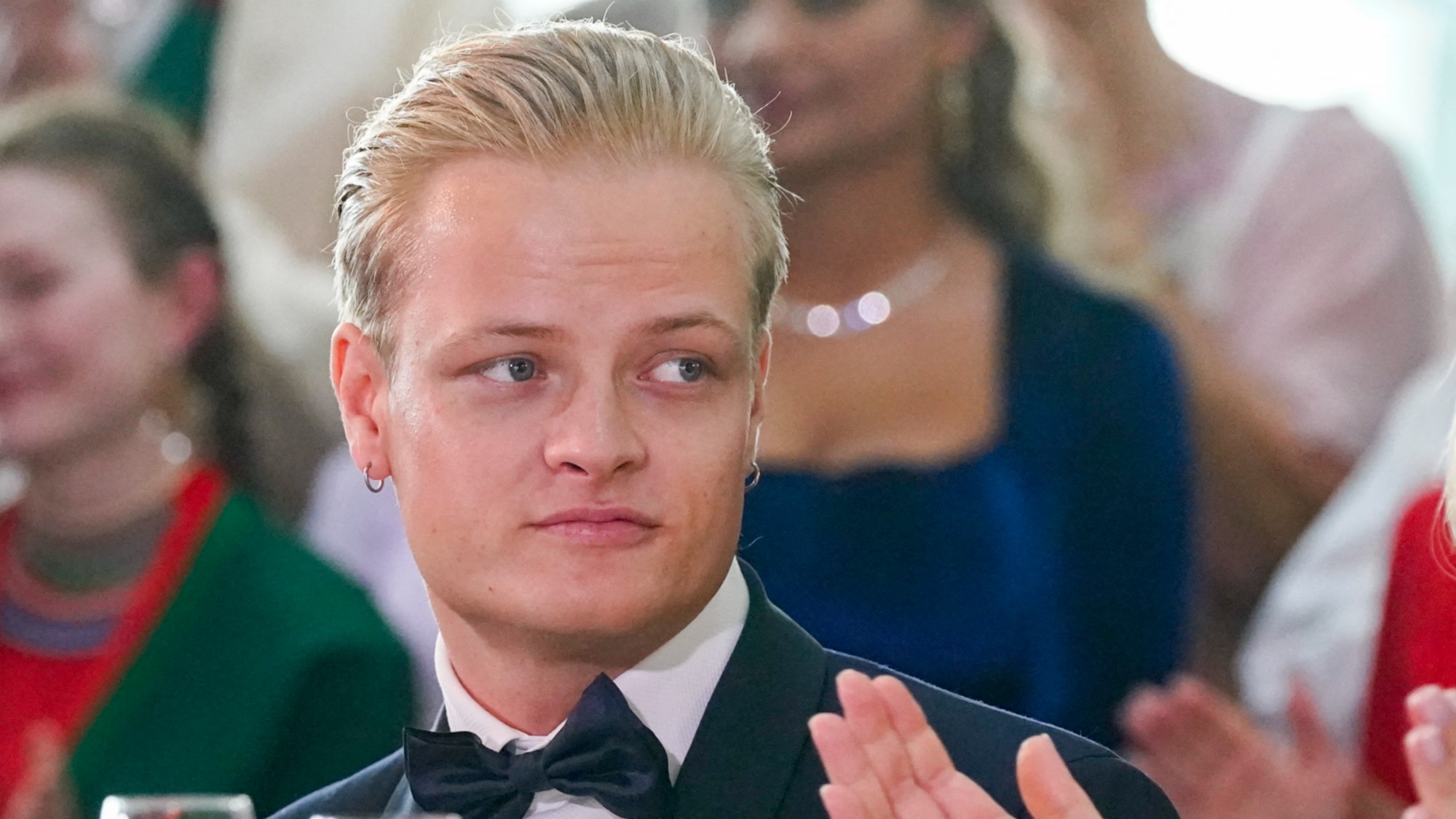 Norway’s scandal-hit royals
Norway’s scandal-hit royalsIn the Spotlight Rape trial of Marius Borg Høiby, son of the crown princess, adds to royal family's ‘already considerable woes’
-
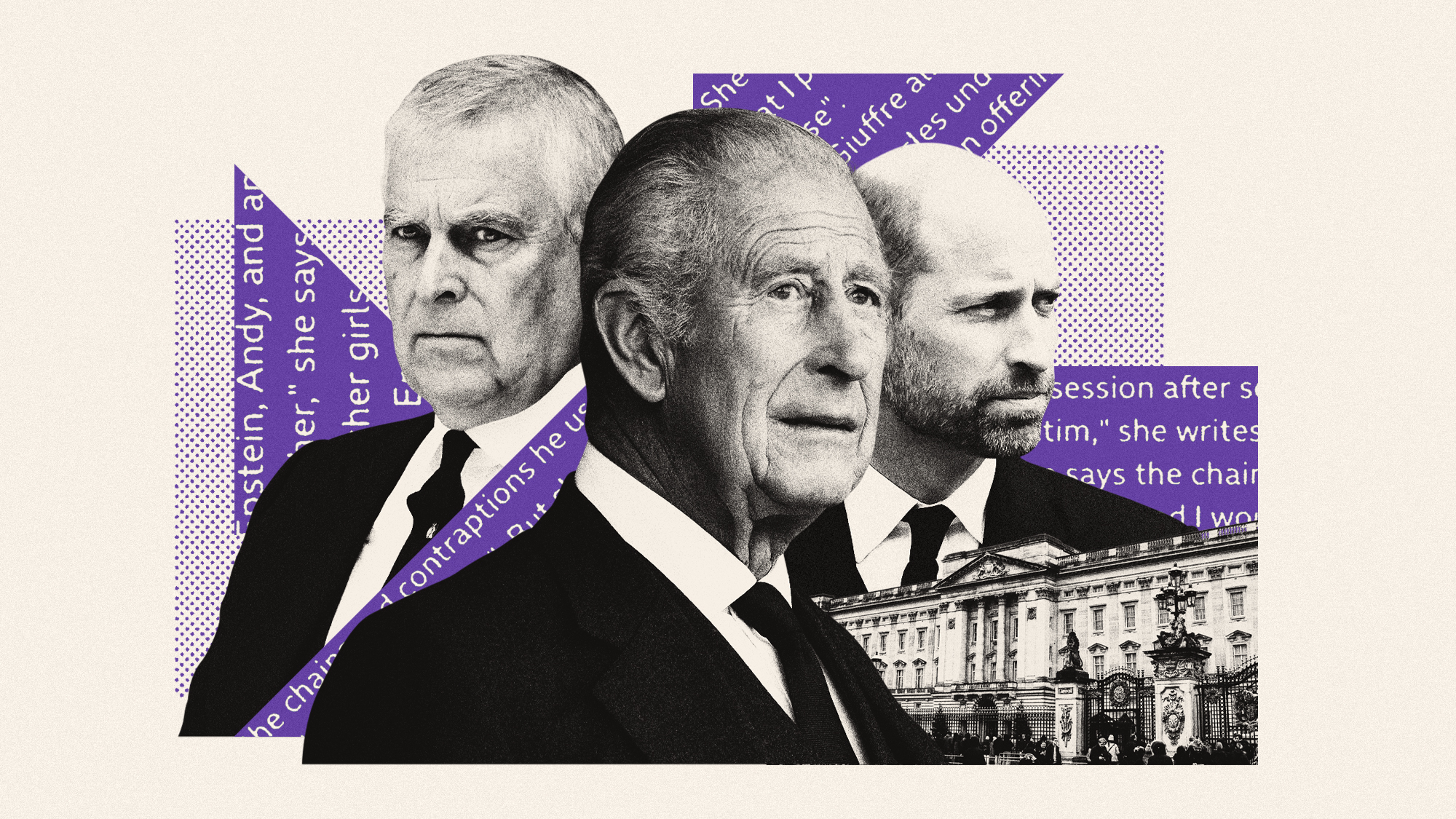 Prince Andrew: is the royal family doing enough?
Prince Andrew: is the royal family doing enough?Today’s Big Question King Charles faces calls for tougher action against Andrew after latest allegations about Virginia Giuffre and Jeffrey Epstein
-
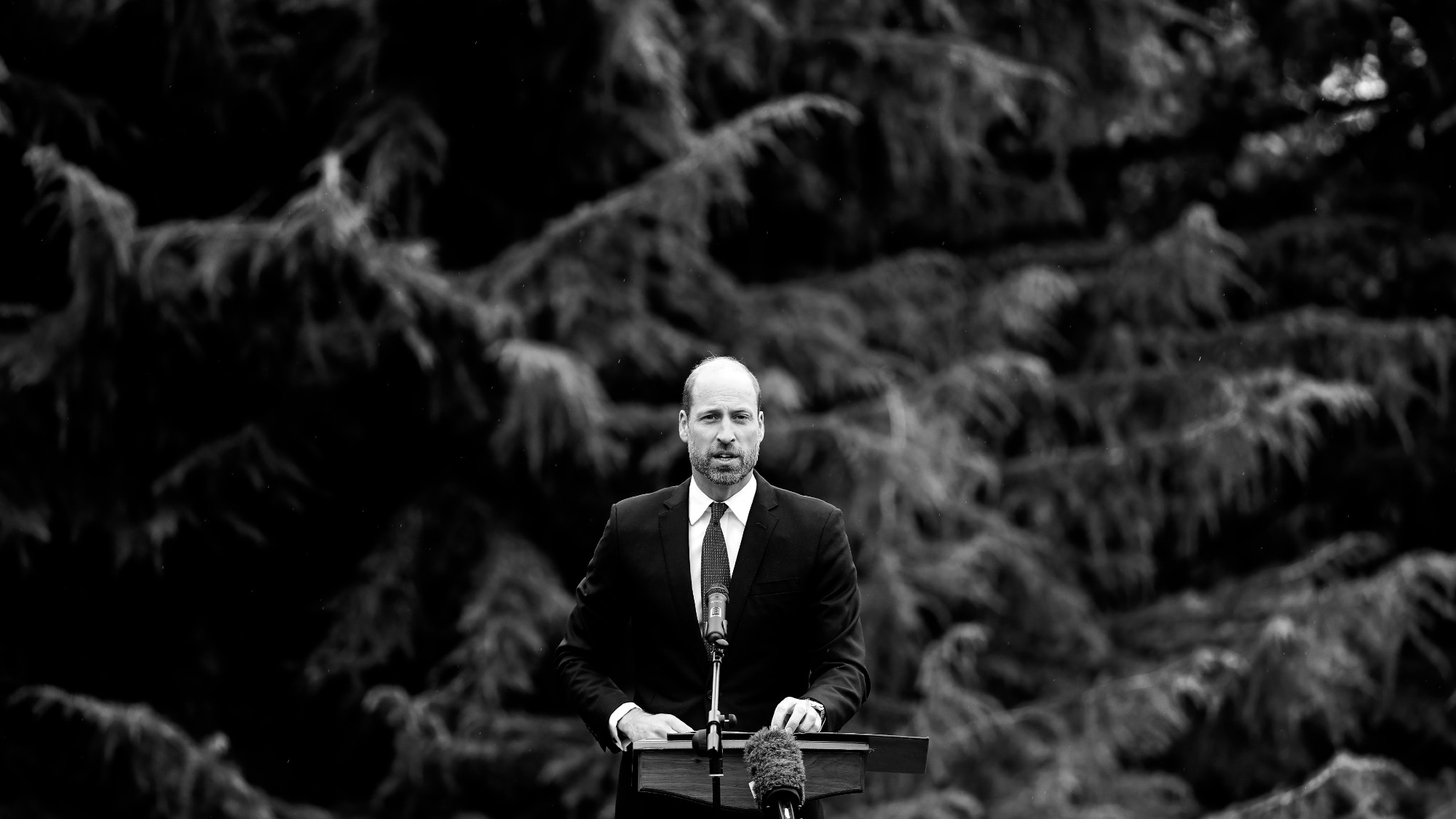 What will William be like as king?
What will William be like as king?Today's Big Question Prince of Wales said he won’t be ‘restricted’ by history when he takes the throne
-
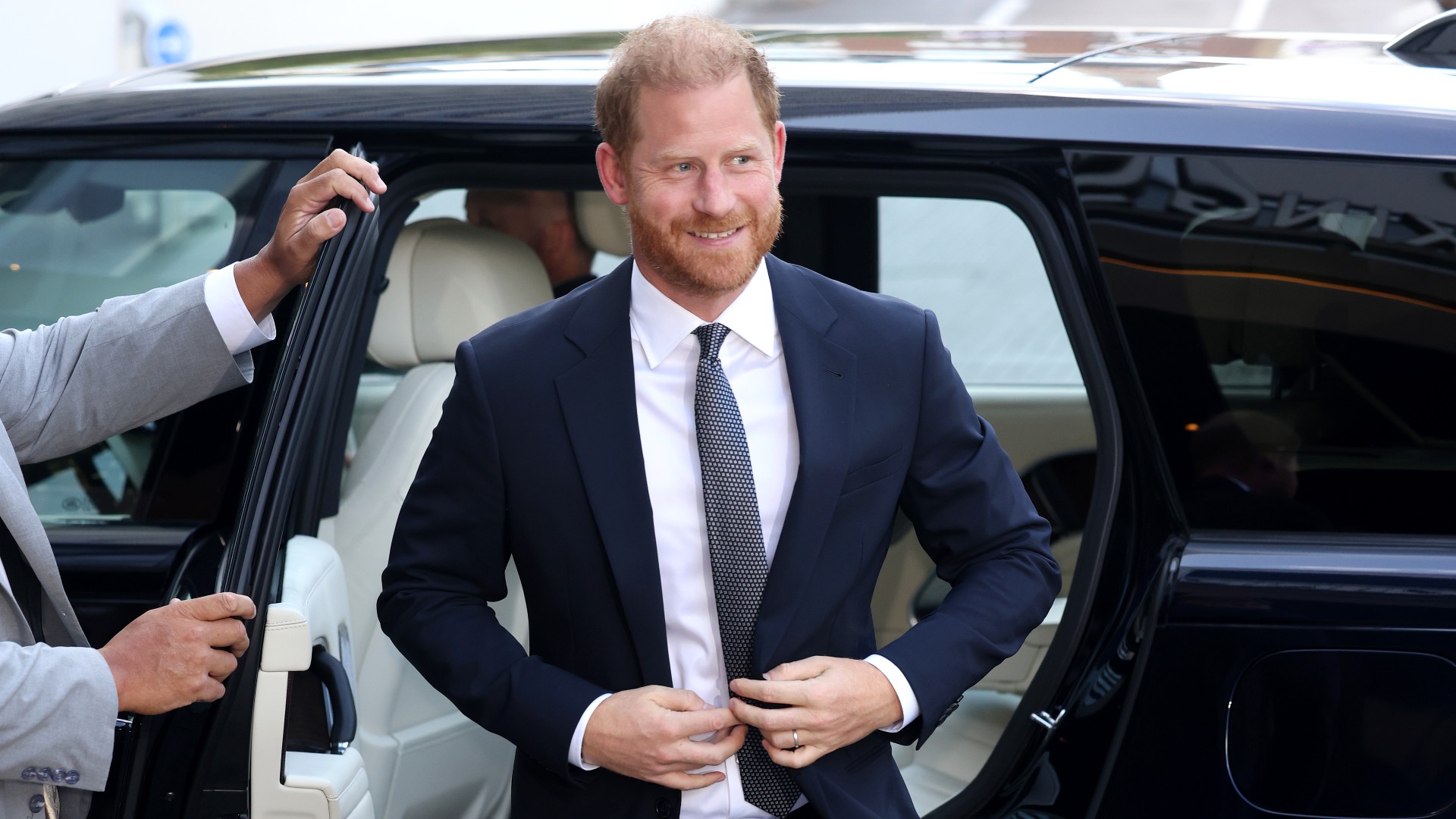 Prince charming: Harry’s tea with King sparks royal reconciliation rumours
Prince charming: Harry’s tea with King sparks royal reconciliation rumoursTalking Point Are the royals – and the UK public – ready to welcome the Duke of Sussex back in?
-
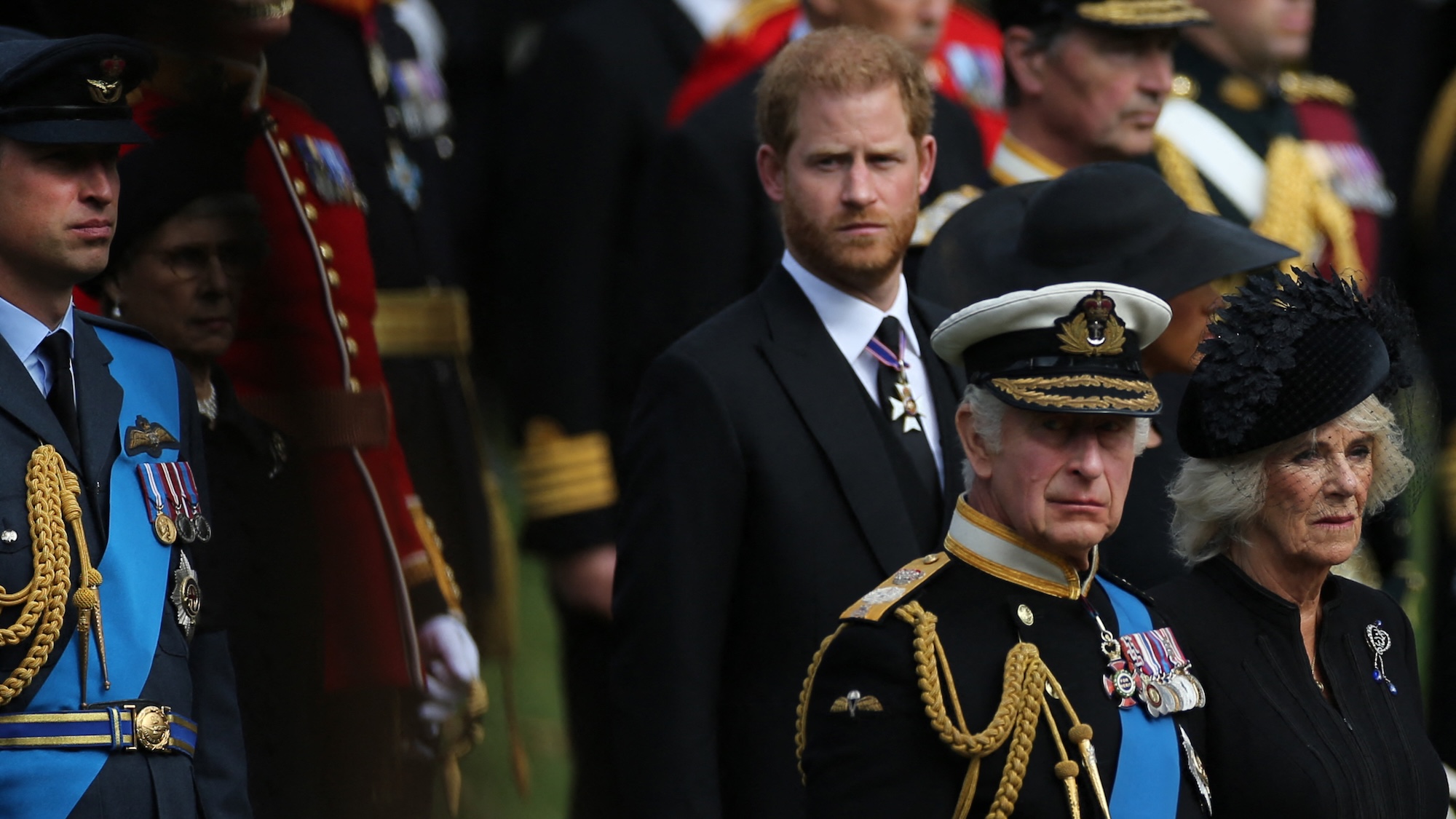 King Charles and Prince Harry: peace in our time?
King Charles and Prince Harry: peace in our time?Talking Point Leaked images of a secret meeting between royal aides suggest a dialogue is beginning to open up
-
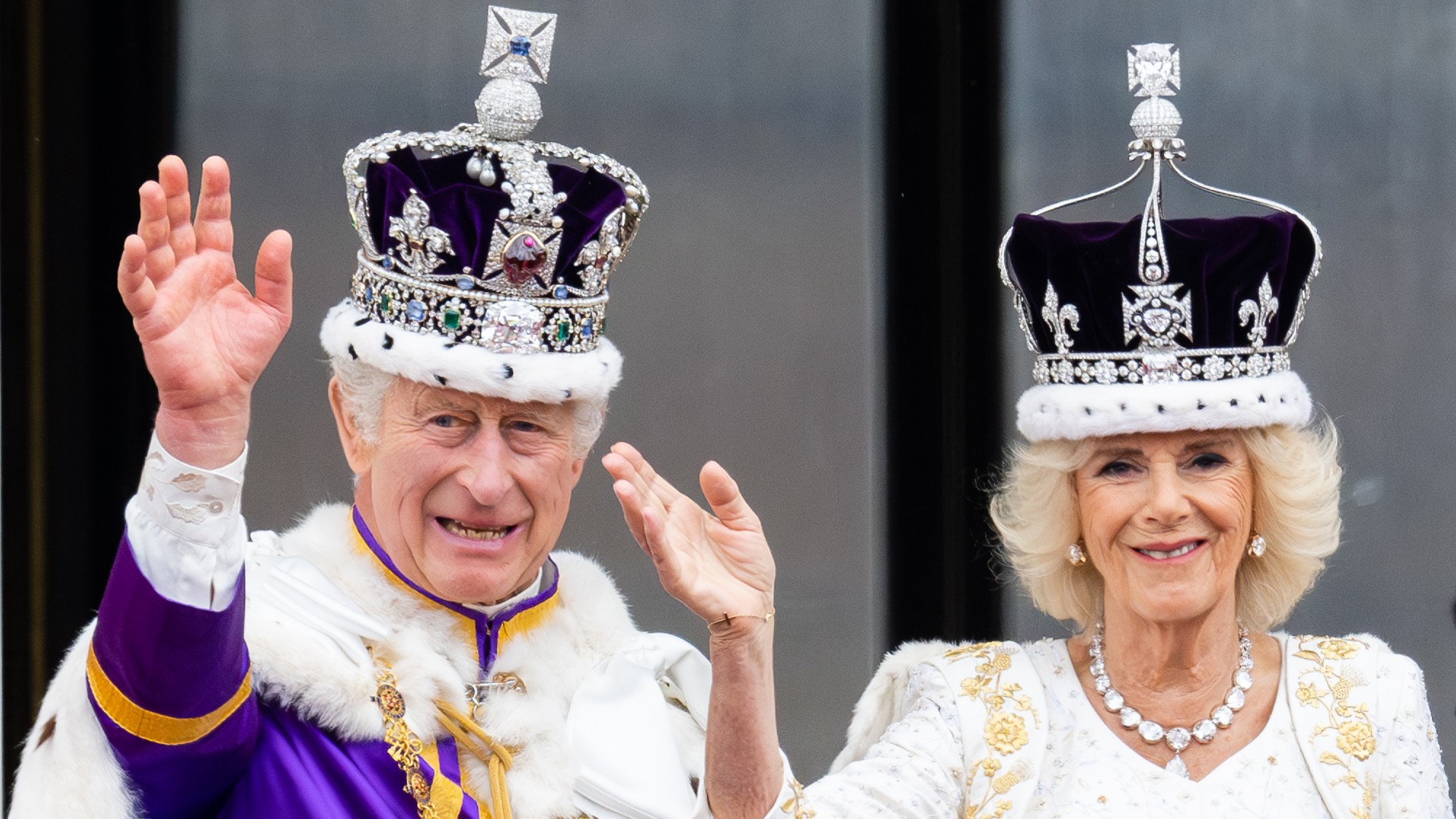 King Charles and the Sovereign Grant: how UK taxpayers fund the monarchy
King Charles and the Sovereign Grant: how UK taxpayers fund the monarchyThe Explainer Royals received £86.3m from government last year – and they are in line for a 50% increase
-
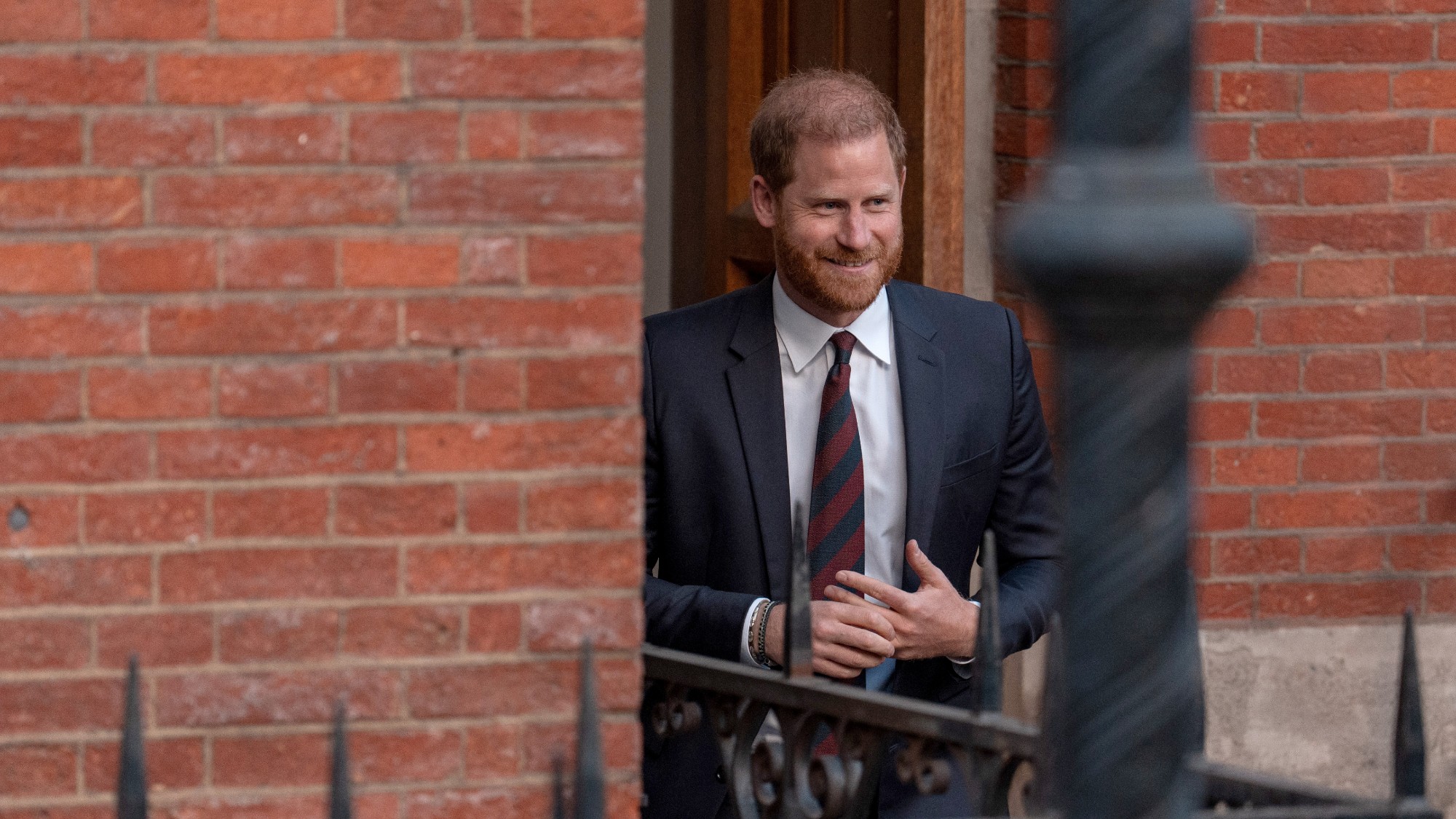 Is Prince Harry owed protection?
Is Prince Harry owed protection?Talking Point The Duke of Sussex claims he has been singled out for 'unjustified and inferior treatment' over decision to withdraw round-the-clock security